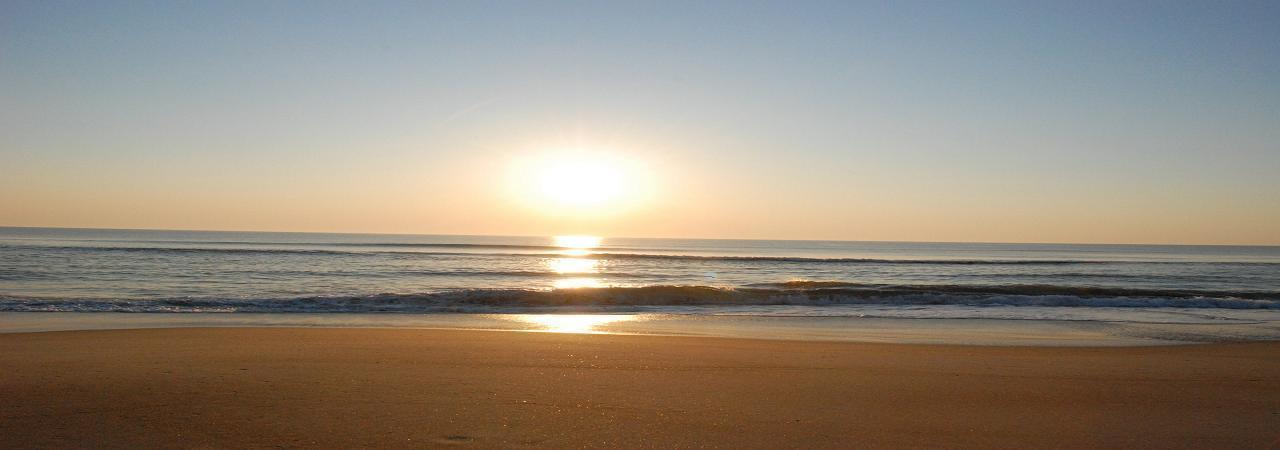Posted on February 9, 2015
by Jerry Alatalo
(Comment: The question to consider while reading the following information about recently revealed Swiss banking secrecy is this: “Why has it seemingly become the job of journalists from 45 countries around the world, instead of governments, to investigate the multi-billion dollar, decades-old global tax haven/evasion industry?” Perhaps if governments got serious by offering university law and accounting graduates student loan forgiveness, adequate pay and tools to end the world’s massive tax evasion industry – enabled by the world’s largest accounting and legal firms – the world would be a better place.)
*******
(Thank you to the International Consortium of Investigate Journalists for the following article. For more information on Swiss Leaks, visit: www.icij.org)
Swiss Leaks lifts the veil on a secretive banking system
 ICIJ’s Gerard Ryle, left, and Marina Walker Guevara with Le Monde reporters Gérard Davet and Fabrice Lhomme. Photo: Melissa Golden/Le Monde
ICIJ’s Gerard Ryle, left, and Marina Walker Guevara with Le Monde reporters Gérard Davet and Fabrice Lhomme. Photo: Melissa Golden/Le Monde
Secret documents reveal that global banking giant HSBC profited from doing business with arms dealers who channeled mortar bombs to child soldiers in Africa, bag men for Third World dictators, traffickers in blood diamonds and other international outlaws, a new International Consortium of Investigative Journalists investigation has found.
The leaked files, based on the inner workings of HSBC’s Swiss private banking arm, relate to accounts holding more than $100 billion.
“We hope this will help the public understand the perils and the potential downside of so much secrecy,” said Gerard Ryle, the director of ICIJ. “What we are exposing is a world most people never get to see.”
The documents, obtained by ICIJ via the French newspaper Le Monde, show the bank’s dealings with clients engaged in a spectrum of illegal behavior, especially in hiding hundreds of millions of dollars from tax authorities. They also show bank records of famed soccer and tennis players, cyclists, rock stars, Hollywood actors, royalty, politicians, corporate executives and old-wealth families.
Find out how you can support collaborative cross-border journalism and help ICIJ continue its work.
The disclosures shine a light on the intersection of international crime and legitimate business, and they dramatically expand what’s known about potentially illegal or unethical behavior in recent years at HSBC, one of the world’s largest banks.
“The Consortium is at the forefront of exposing global tax avoidance, a problem world leaders recognize as a factor in growing inequality,” said Peter Bale, chief executive of the Center for Public Integrity. “The global reach of the Consortium’s network, the sophistication of its analytical tools and the rigor of its journalism allow it to tackle complex and far-reaching stories of this nature.”
HSBC, which is headquartered in London and has offices in 74 nations and territories on six continents, initially insisted that ICIJ destroy the data. Late last month, after being informed of the full extent of the reporting team’s findings, HSBC gave a final response: “We acknowledge that the compliance culture and standards of due diligence in HSBC’s Swiss private bank, as well as the industry in general, were significantly lower than they are today.”
How the offshore banking industry shelters money and hides secrets has enormous implications for societies across the globe. Academics conservatively estimate that $7.6 trillion is held in overseas tax havens, costing government treasuries at least $200 billion a year.
The secret files analyzed by ICIJ and its media partners — covering accounts up to 2007 associated with more than 100,000 individuals and legal entities from more than 200 nations — are a version of the ones the French government obtained and shared with other governments in 2010, leading to prosecutions or settlements with individuals for tax evasion in several countries.
ICIJ enlisted more than 140 journalists from 45 countries, including reporters from Le Monde, BBC, The Guardian, 60 Minutes, Süddeutsche Zeitung and more than 45 other media organizations.
The reporters found in the nearly 60,000 leaked files the names of current and former politicians from Britain, Russia, Ukraine, Georgia, Kenya, Romania, India, Liechtenstein, Mexico, Tunisia, the Democratic Republic of the Congo, Zimbabwe, Rwanda, Paraguay, Djibouti, Senegal, the Philippines and Algeria, among others.
“The world of offshore finance and secret bank accounts is deliberately complex, driven by an intricate network that crosses multiple jurisdictions. Large-scale cross-border investigations are the only way to investigate this world in depth, and uncover the layers of secrecy,” Ryle said.
“ICIJ’s model of collaborative journalism links reporters around the world to dig deeper and tell these stories in greater detail than ever before.”
ICIJ is a non-profit news organization that provides its services to newsrooms around the world. You can support ICIJ’s work in a number of ways:
- Get in touch: ICIJ encourages tip-offs from the public, story ideas, as well as outstanding investigative journalists interested in collaborating with us
- Sign up: Join ICIJ’s mailing list to receive regular updates and the latest news from our network
- Donate: Your contribution will help ICIJ continue investigating issues that don’t stop at national borders
- Share our work: ICIJ on Twitter, Facebook and Google+ and share our stories

